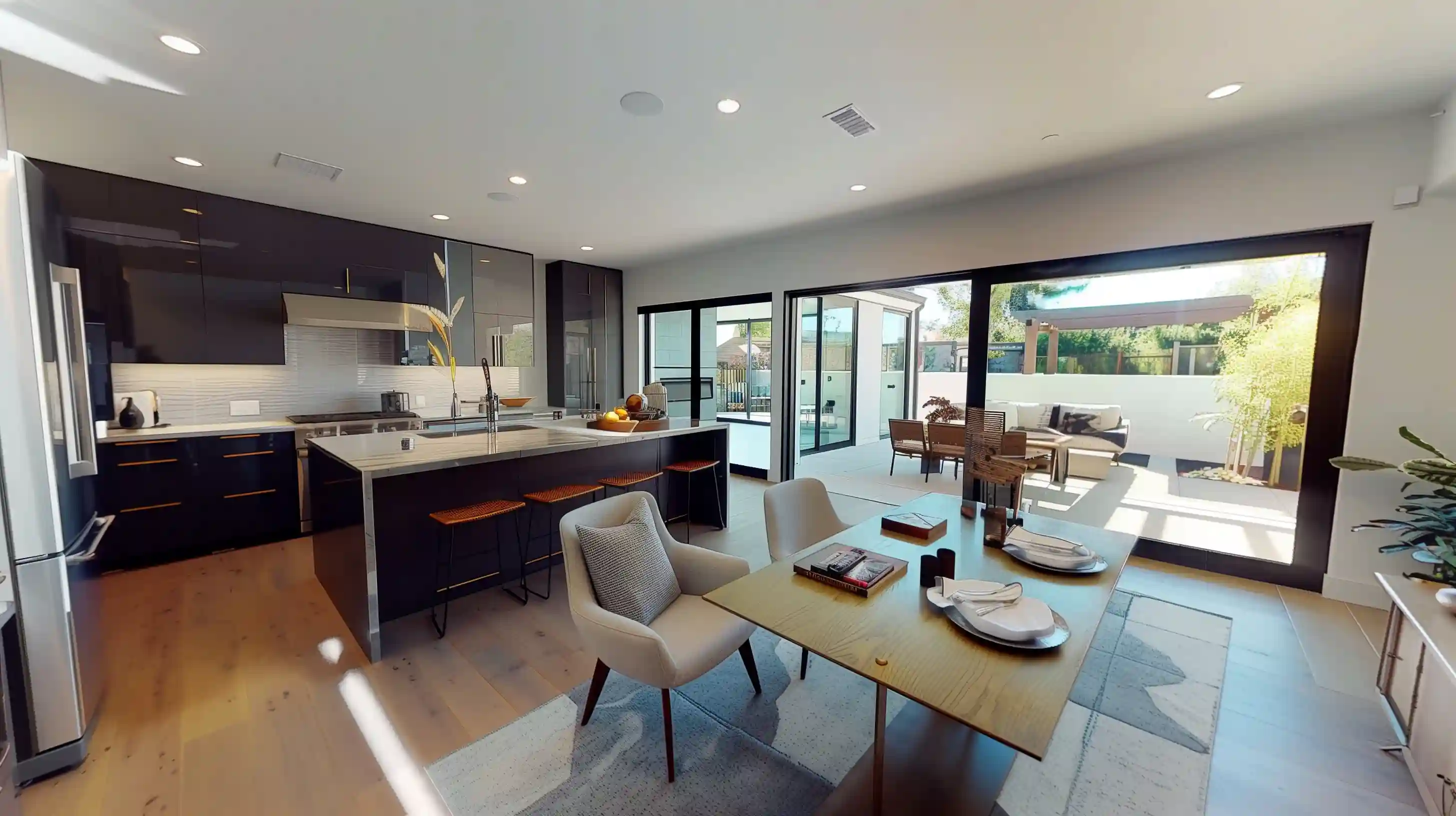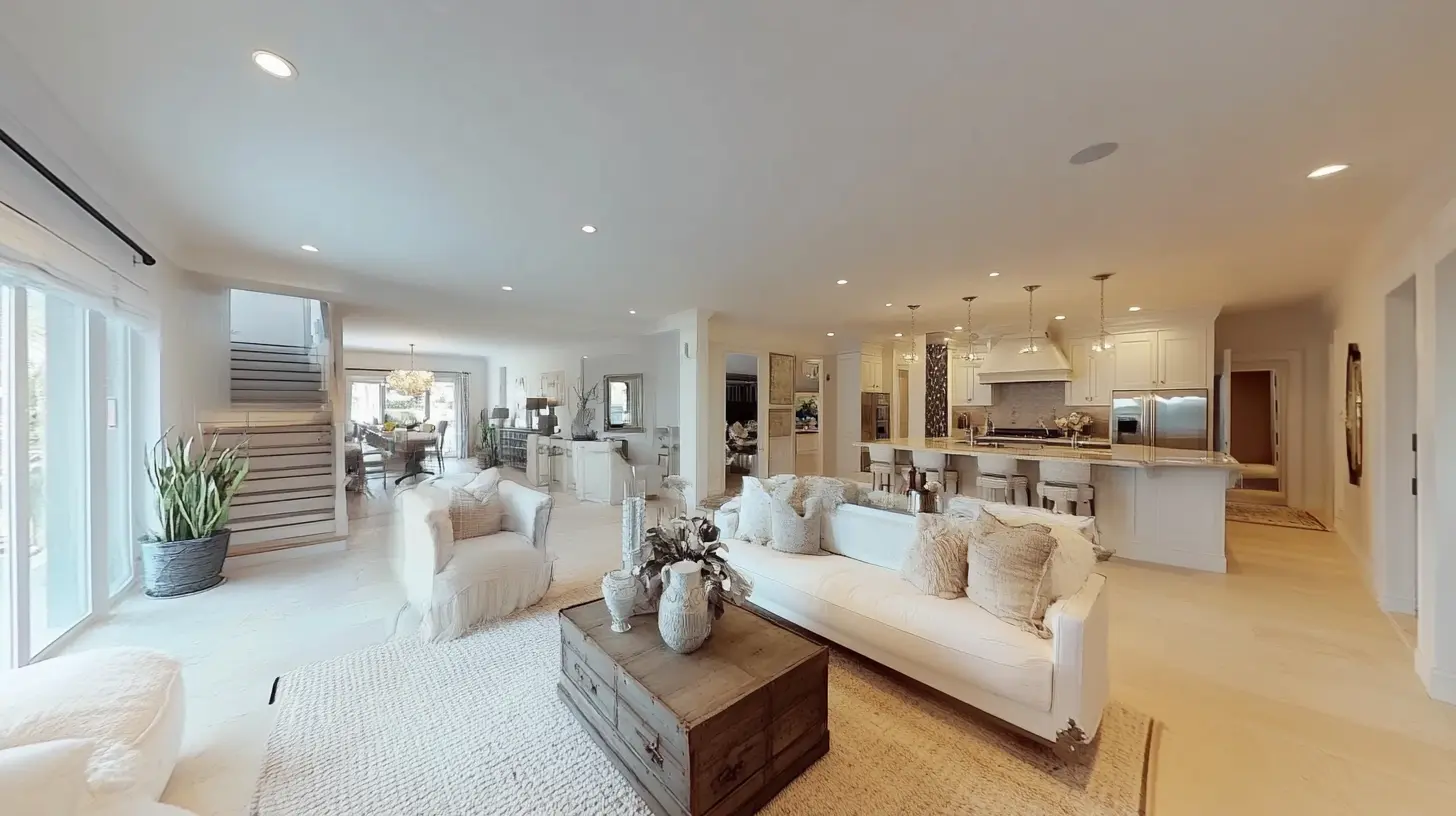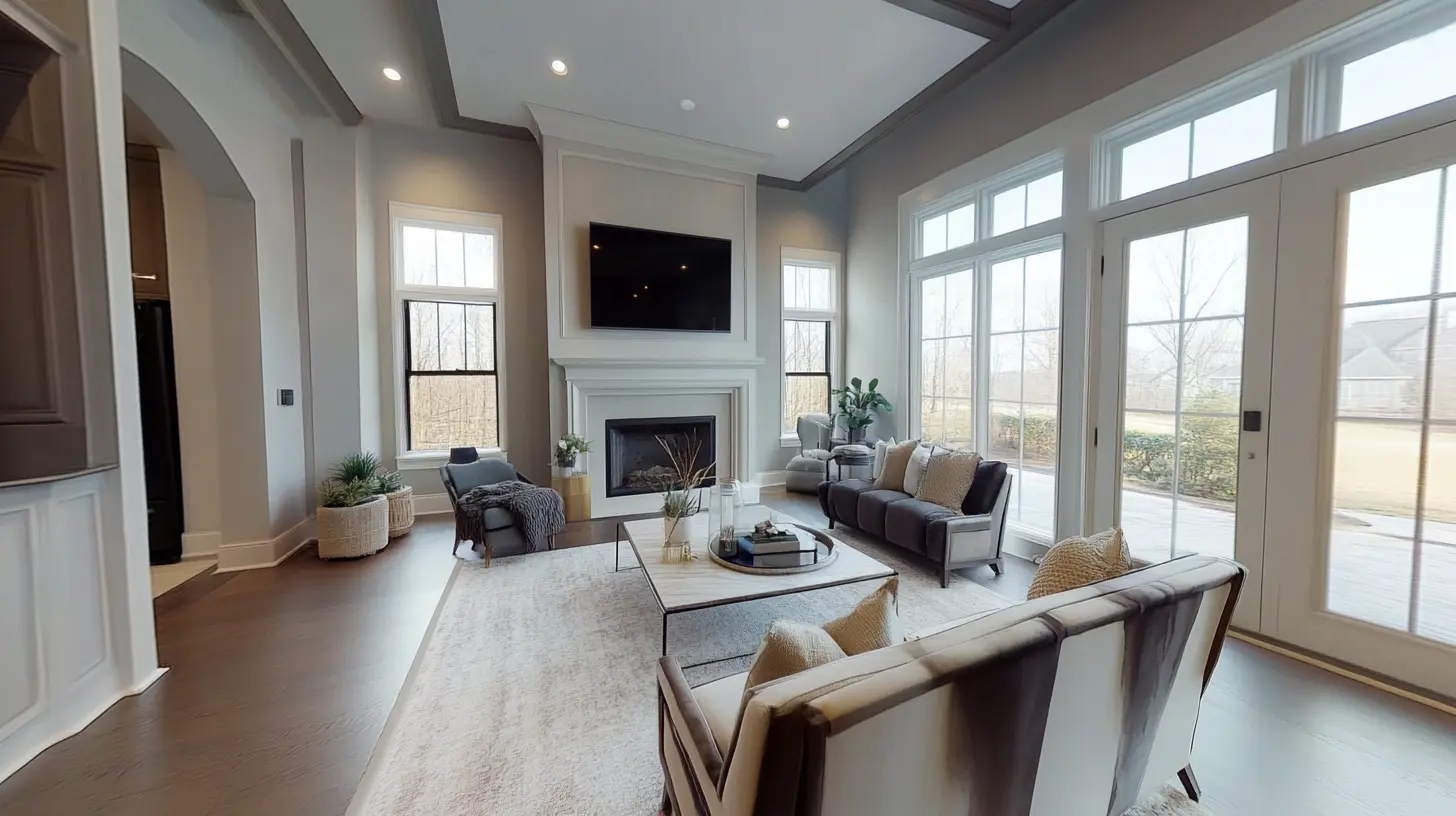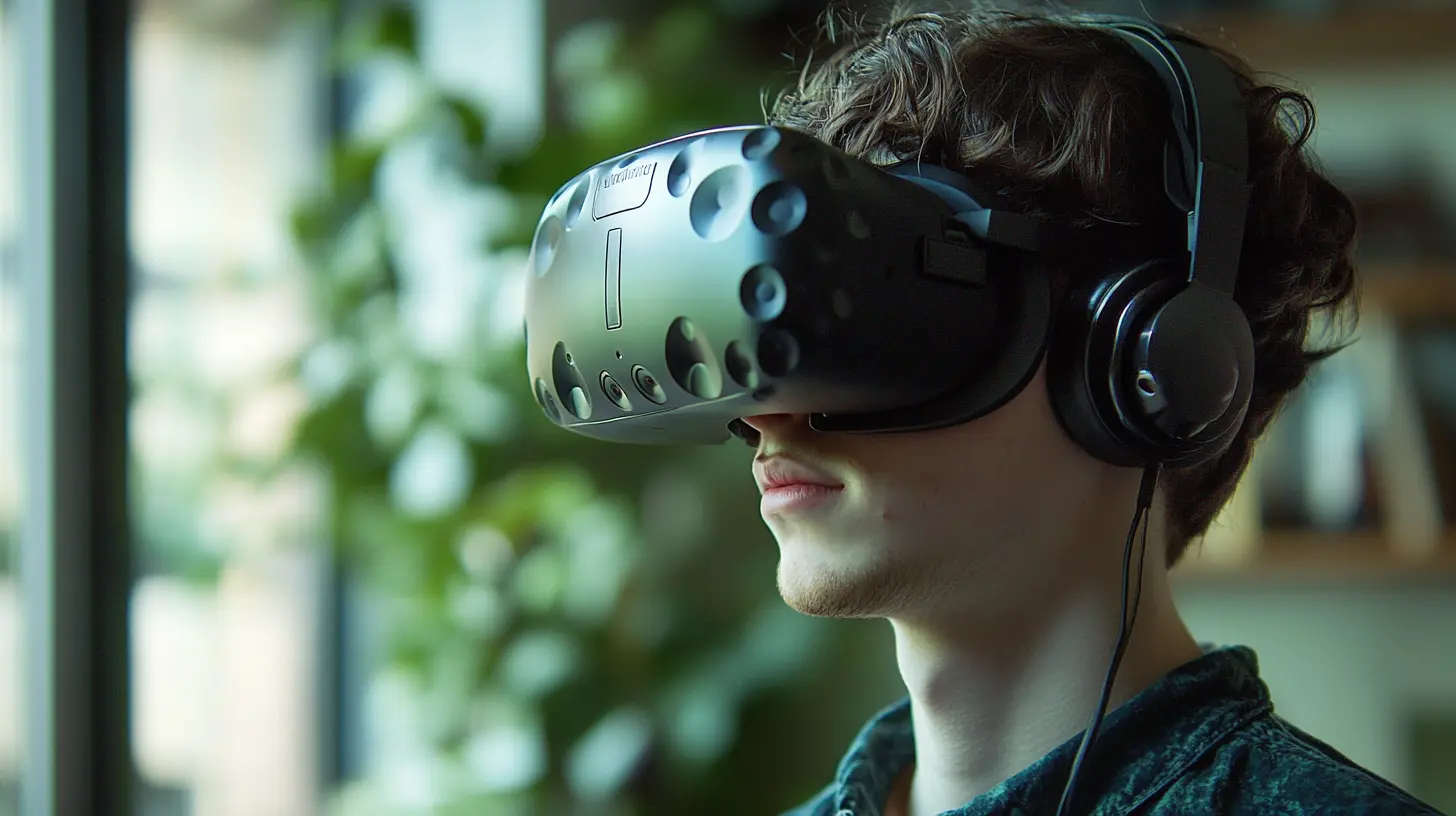Real Estate VR

Virtual Reality in Real Estate: A Game-Changer for Property Marketing
Virtual reality (VR) has emerged as a transformative tool in the real estate sector, enabling companies to redefine how properties are presented and sold. With VR solutions, potential buyers can explore properties remotely, saving time and effort while enhancing decision-making. This technology is particularly appealing to international clients or those unable to visit physical locations in person.
Key Features and Capabilities:
- Users can navigate properties freely, exploring floorplans, layouts, and design elements.
- Realistic walkthroughs replicate the experience of being on-site, providing buyers with a high level of detail and transparency.
- Ultra-realistic 3D models display detailed textures, dynamic lighting, and accurate proportions to enhance immersion.
- Compatible with VR headsets like Oculus Rift, HTC Vive, Samsung Gear VR, and Google Cardboard, ensuring accessibility across various platforms.
- Usage metrics, such as time spent in tours and customization preferences, offer valuable insights to real estate agents for understanding buyer interests.

Development Stages:
- Research and Market Analysis: Identifying client pain points, buyer expectations, and key functionality for VR property exploration.
- Prototyping and Testing: Initial development of virtual environments and interactive features for feedback and refinement.
- 3D Modeling and Content Creation: Crafting detailed property interiors and exteriors using advanced design tools like Blender.
- Application Development: Building the VR application using Unity 3D, with integration of Oculus SDK and SteamVR.
- Quality Assurance: Rigorous testing across devices to ensure a seamless and bug-free user experience.

Measured Results:
- Faster Decision-Making: 80% of users reported being able to finalize property choices in half the time compared to traditional visits.
- Broader Market Reach: Real estate agents noted a 60% increase in inquiries from international buyers who appreciated the convenience of virtual tours.
- Cost Efficiency: VR reduced the need for physical property showings by 40%, saving time for agents and clients alike.
- Increased Buyer Engagement: Virtual tours led to a 35% higher likelihood of conversion compared to standard photo or video listings.
- Enhanced Sales: Properties showcased through VR saw a 20% boost in sales velocity.

Why VR in Real Estate Matters
By adopting VR technologies, real estate companies create powerful marketing tools that transcend physical limitations. VR experiences not only improve buyer confidence but also streamline processes for agents, ensuring time and cost efficiency.
ServReality specializes in crafting tailored VR solutions that drive results. Reach out to us today to transform how you showcase your properties.
TEAM:
- 3d animators, architects
- Data manager
- Senior developers (C++, C#, Unreal Engine)
- Business analyst
- QA
- Project managers
STACK:
- Unity 3D / Unreal Engine
- C# / C++
- VR SDKs (HTC Vive SDK, PlayStation VR SDK, Oculus SDK, Google VR SDK, Samsung Gear VR SDK)
- Autodesk VRED / Siemens NX / CATIA
- Amazon S3 / Google Cloud Storage
- PostgreSQL / MongoDB
TIMINGS:
- five to six months from the idea-architecture phase and its constant adjustments

